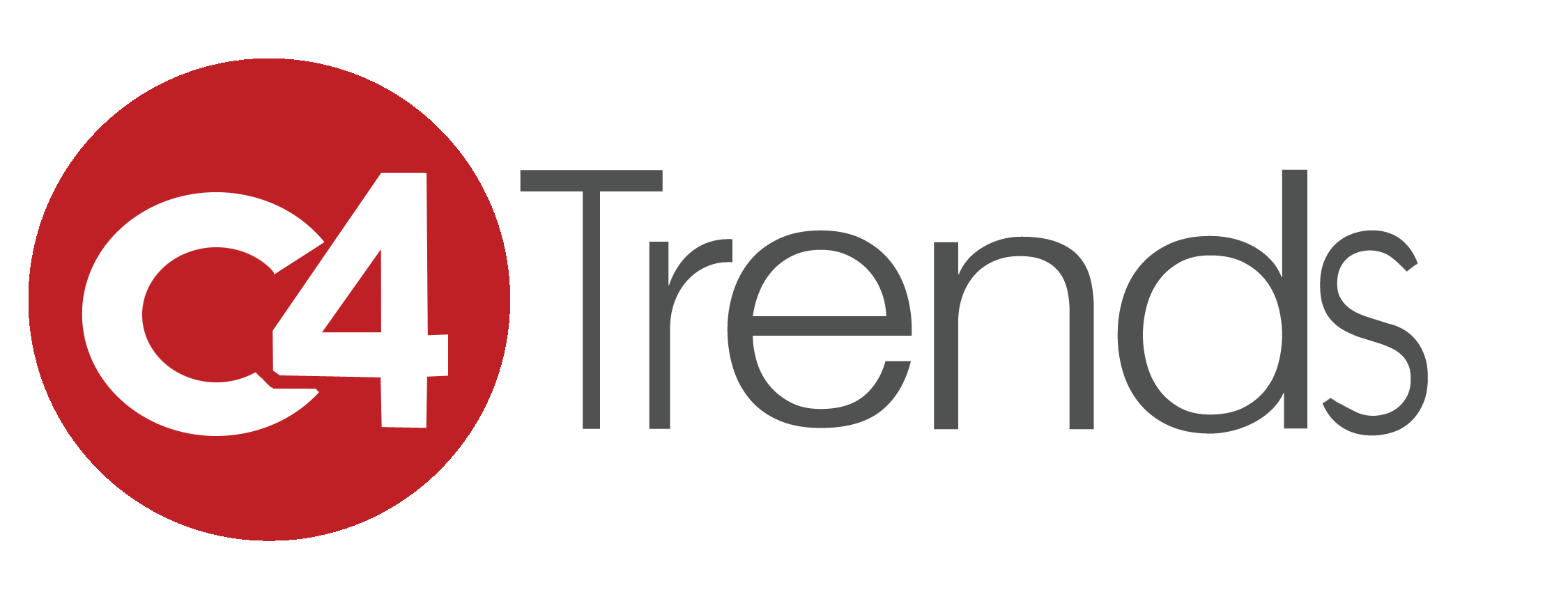Social media has allowed us to engage with old friends and colleagues that we likely wouldn’t hear from all that often, while it also has offered the ability to connect with those with similar interests whom we might have never otherwise met.
If that was all social media did, it would be a true wonder of the world.
Unfortunately, as noted by numerous studies in recent years, social media has also made many of us angrier, unhappy and at times left feeling increasingly isolated. The social networks have also been used to spread misinformation and disinformation, while further dividing us.
How did no one see the potential dark side of social media as the technology was being rolled out? Were the past lessons of the digital age—which heralded in trolls, spam, bots and fake accounts—simply ignored?
“For several years now, we have identified ourselves as the ‘Digital Era,’ where countless tools have emerged following the invention of the Internet. These tools have allowed us to achieve immediacy in messaging, access to information, and maintain a global connection while identifying groups of people with similar interests, among other functions. If we recall platforms like Hi5, MySpace, and Facebook, the common denominator was socializing through photos, music, design, video games, and entertainment in general,” Professor Ubaldo Reyes, Coordinator of the Business Administration Graduate Program at CETYS University, explained in an email.
Are We All To Blame?
In many ways, social media could be compared to the Biblical “Garden of Eden,” but we weren’t so much cast out, as we just trashed the place—with a lot of help from the platforms.
“Social media has added features, becoming spaces for personal expression, brand promotion, and news dissemination. Undoubtedly, the function of the ‘Like’ and the concept of ‘Followers’ have altered the dynamics of online relationships, making shared content as important as personal interactions,” Reyes added.
Those features drove the need to engage—even if we didn’t always know who were engaging with, or why. Perhaps that should have been the warning sign, but we went with it.
“About 20-plus years ago, social media had its roots in fun, being colorful and whimsical,” Susan Schreiner, technology analyst at C4 Trends, noted. “It was an exciting new way to communicate whether creating, viewing or sharing thoughts and videos. From around 2002 to about 2021 we saw the ‘golden age’ of new media. This era gave us consumer-focused apps such as MySpace in 2003 followed by LinkedIn, Facebook, Twitter, Snap, Instagram, WhatsApp, Hangouts, Slack, Zoom, Gmail, Dropbox and others.”
As a result, there were no physical or content boundaries. And for a while, it still was about the social aspects of our lives.
“Social media was about making and extending connections, even from afar, and over time it evolved to social validation and becoming part of one’s personal and/or business identity, as well as a promotional channel,” Schreiner added.
About The Moment
Along the way, social media made the seismic leap to mobile which resulted in more real-time, in-the-moment updates and visual experiences.
“While it freed people to create and broadcast to the world their own personal reality show, in essence, this more curated experience resulted in people sharing a less authentic personality, often masquerading or portraying an aspirational view of themselves, their influence and/or power—rather than who they really were,” Schreiner suggested.
Over the past decade, social media further evolved from a tool for the democratization of communications, and became one where brands marketed products, while camps increasingly formed around ideological beliefs.
Then came Covid-19.
“The pandemic with its social isolation and lack of live social interaction opened the floodgates to accelerating the rise in political polarization, conspiracy theories, hate speech, fear-mongering, bullying and worse,” Schreiner continued. “There were population segments that were easily gullible—as people relied on their sense of belonging through social media and echo chambers that connected them to their ‘mob.”
Divided Into Our Own Camps
At the same time, many seemed to have lost their ability to hear and listen to various perspectives rather than a discussion becoming an intolerant binary choice, “my way or the highway.” This occurred as the social platforms became the primary source of news and information for many users—who were more likely to trust those they knew or followed, even if the stories weren’t all that credible.
That has been made worse as social media platforms have sought to keep users engaged. The more time we spend arguing with strangers, doomscrolling or following the latest conspiracy theory, the better it is for the companies’ bottom lines.
“Increasingly, social media safety guardrails have been removed or defanged,” Schreiner warned. “Some sites are hiding behind ‘free speech’ as they play for clicks rather than providing a safe platform for conversation, civil discourse and where people can agree to disagree, without threat or harm.”
It would be easy to suggest that the solution would be to simply “sign off,” but like the rest of the Internet, social media is now simply too ingrained in our daily lives.
Moreover, social media still offers many positives. We just need to focus more on its ability to bring us together, and less on arguing with strangers.
“Social media has transformed how we understand the market, conduct business, address needs, and personalize services, becoming a powerful force in today’s society,” Reyes added. “Social media will continue to evolve and impact, inviting study, research, planning, and implementing innovative strategies to help achieve business goals.”
And maybe it can just become the place where we share our vacation photos with friends.

